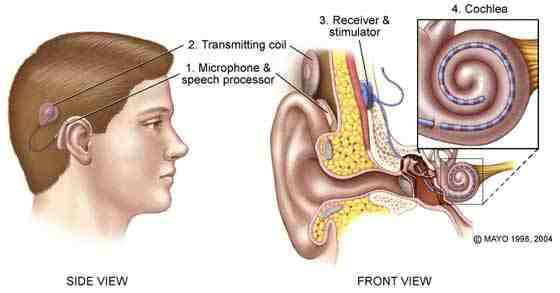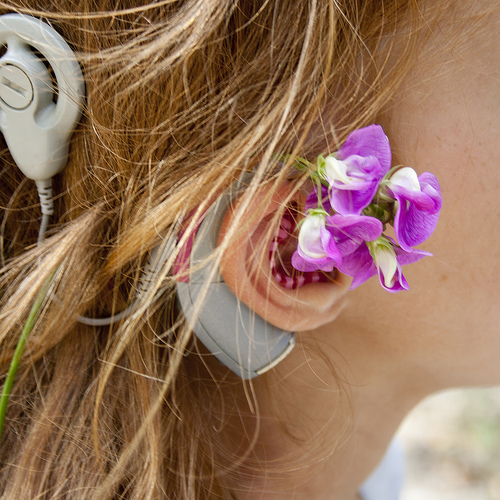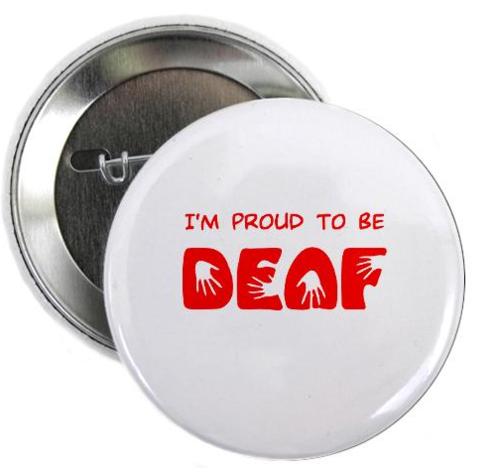Is a Cochlear Implant Right for Your Child?
Cochlear implants are devices that may help your child hear. If your child is Deaf or has profound hearing loss, consider talking to his doctor about cochlear implants. Sometimes called “bionic ears,” cochlear implants are not a cure for hearing loss. Whereas a hearing aid amplifies sound, a cochlear implant will bypass the damage in the ear to stimulate the auditory nerve directly. The brain can then interpret the signals sent by the nerve as sound. It can take quite an adjustment to learn to use a cochlear implant, but these little electronic devices can help your child develop speech and language at a rate on target for his age group.
Cochlear Implant Components
Part of the cochlear implant is placed underneath the skin behind one ear. This is called the receiver. Electrodes are implanted in the cochlea, which are connected to the receiver via a wire. A cochlear implant also requires a headpiece, which is worn behind the ear. Magnets keep it positioned over the receiver. The headpiece contains a microphone to pick up sounds and a transmitter, which sends the sounds to a speech processor. The speech processor, which is worn on the body, turns the sounds into electrical signals and sends them to the receiver. The receiver then sends these electrical signals to the electrodes, and then to the brain.
Surgery
Surgery is required to implant the device. It is considered to be a straightforward procedure that takes just a few hours. General anesthesia is used, so your child will be unconscious throughout the procedure. Serious complications are rare, but it’s always a good idea to ask your doctor about the risks. Your child might be able to go home right away, or he might need a short hospital stay.
Speech Therapy
The outcomes of cochlear implants vary. Some children experience a significant improvement and are able to understand speech very well. For other children, the cochlear implant improves their ability to speechread, or lip read. After receiving a cochlear implant, your child will still need a great deal of speech therapy and support to adjust to the device and develop his speech and language skills. The greater the level of interaction and support a child has, the greater the benefit of the cochlear implant. Your child’s speech-language pathologist (SLP) will focus on developing his listening and speaking skills.
Viewpoints on Cochlear Implants
Cochlear implants have been the subject of controversy. Some people in the Deaf community believe that cochlear implants are an insult to their culture. If you are considering a cochlear implant for your child, talk extensively with his doctor and cochlear implant evaluation team. Read everything you can about the device, from both points of view. Consider all the angles carefully before coming to a decision. You know your child best.





